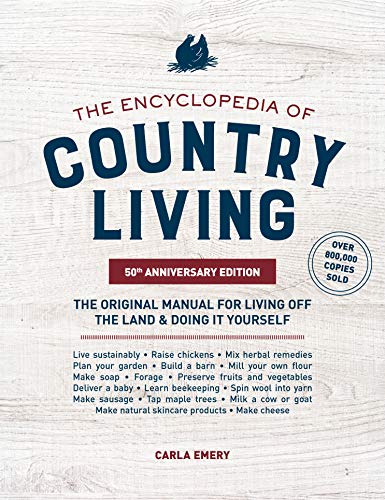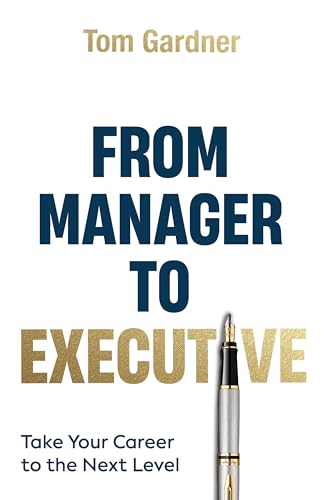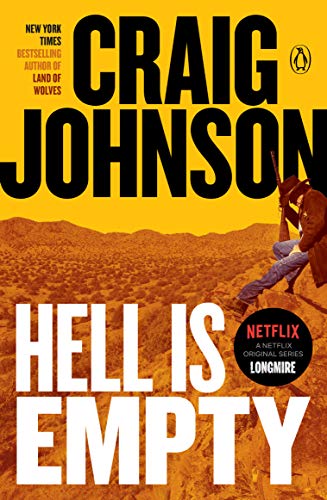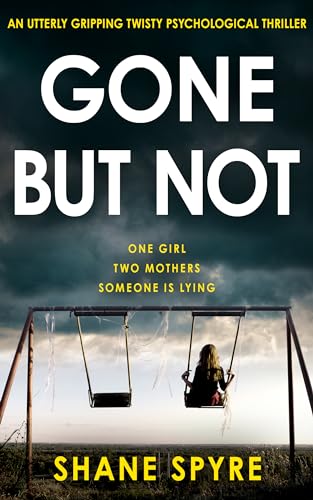Has the entire Internet been hijacked by close relatives of Steve Jobs?
Don’t get me wrong. I am pretty jazzed about the Apple iPad, and I plan to get one if I can keep myself convinced that I will be able to use its features, apps, and hardware functionality in ways that actually allow me to save money on other gadgets and services.
But I have to say that it’s a little surprising, as I read various posts about Apple’s new iPad, some at otherwise responsible websites, how confused many people seem to be about the real cost comparisons between the Kindle and the iPad. Anyone who tells you that the two products are relatively close in price is not telling you the whole story.
I will grant that it was a pretty good initial PR coup for Apple to announce that the iPad starts at $499, but let’s get real here. Given the fact that the iPad will be all about mobility and will provide a very cool environment for downloading and viewing, reading, or listening to various kinds of high-bandwidth media content (including ebooks), it simply does not make sense to analyze the iPad’s price without unlimited 3G wireless or without at least 32 GB of storage. To equip the iPad with less than the 3G and 32 GB options seems rather like buying a Maserati with a speed governor and using it to delivery the mail in your town, or in this case, the email. And we are talking about a Maserati here.
So, let’s do a three-year price comparison of the current 6-inch Kindle, the Kindle DX, and the 32 GB iPad 3G, before a customer buys a single book:
- The latest-generation 6-inch Kindle costs $259 up front, another $75 to $100 for accessories and an extended warranty, and never another dime = $334-$359
- The latest-generation Kindle DX costs $489 up front, another $100 to $150 for accessories and an extended warranty, and never another dime = $589-639
- The iPad with unlimited 3G (i.e., enough bandwidth to do anything more than email and a few ebooks) and 32 GB storage capacity costs $729 up front, another $100 to $150 for accessories and an extended warranty, and $30 a month x 36 months = $1909-$1959
But like I said, the iPad is a Maserati. For people who are looking for a highly mobile, highly portable convergence device, and for whom money is no object, this may (soon) be the closest thing yet on the market. Although the iPad has been roundly criticized for some specific limitations like the fact that it will not play well with Adobe Flash, the fact remains that it will be able to do so much that it is unfair, in one sense, to compare it to the Kindle. But in another sense, unless you truly value all that the iPad can do, it’s reasonable to compare it with your other options — like the Kindle that you probably already own if you are reading this post — for doing very specific things. And for many of us, there will be several ways in which the iPad comes up short in comparison with the Kindle when it come to very specific reading-related issues such as its weight and its backlit screen.
Perhaps it just comes down to the fact that we do not, as consumers, live in a one-size-fits-all world. The iPad is an exciting product to me and to many other people who already perceive the need for higher levels of tricked out mobility. It will definitely achieve at least moderate success, but there are some issues that would concern me if I were an Apple investor:
- For the iPad to become a mass audience product Apple will have to create the perception of a need for millions of affluent customers who do not yet perceive the need. (Apple’s done it before, so I wouldn’t bet against them doing it again.)
- When people buy the iPad they will be buying it for very different reasons than those for which they buy the Kindle, so the iPad is not well-positioned to ride the wave of the Kindle revolution, and trying to stand on Amazon’s shoulders, to use Steve Jobs’ phrase, may be a precarious perch indeed.
- The weight of the iPad is wonderful if you are comparing it to a tablet or a netbook, but it’s going to be a dealbreaker for many potential customers when it comes to serious reading. In our current Kindle Nation Citizen Survey 52% of respondents so far say that the fact that a device weighed 24 ounces would have a negative influence on whether they would buy it or continue to use it.
- Of all the products that might lose sales to the iPad, the first would seem to be the iPod Touch, and there may also be some low-level cannibalism between the iPad and the iPhone, particularly among those who figure out that you can run Skype on the iPad.
Meanwhile, there are three ways in which the iPad could actually be helpful to the Kindle:
- If it gains a foothold as the primary ereading alternative to the Kindle, it could discourage investment in other ereader devices and platforms.
- Its impressive bells and whistles are bound to inspire Amazon to add new features and sex appeal to the Kindle sooner than might otherwise occur.
- By all accounts to date, the iPad like the iPhone, the iPod Touch, and soon the Mac will allow access to Kindle content through various Kindle for X apps.






















